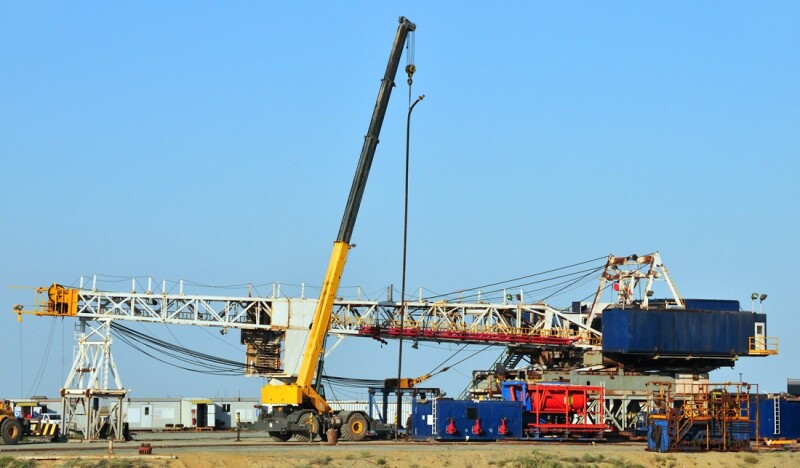Rig move operations are a crucial aspect of the oil and gas industry, involving the relocation of drilling rigs from one wellsite to another. These operations are necessary when drilling activities at a particular location are completed or when companies need to explore new areas for oil and gas reserves. Rig move operations entail disassembling the drilling rig, including its components and associated equipment, transporting them to the new location, and reassembling them for continued drilling operations.
The process of rig moves is complex and involves coordination among various stakeholders, including drilling contractors, transportation companies, regulatory authorities, and on-site personnel. Factors such as weather conditions, road accessibility, equipment availability, and compliance with regulatory requirements significantly affects the success of rig move operations. Rig move operations are critical for maintaining the efficiency and productivity of drilling activities and ensuring the continuous exploration and production of oil and gas resources.
Safety is paramount in rig move operations because of the inherent risks associated with moving heavy equipment and machinery across different locations. Rig move operations involve working with large and heavy components, such as drilling rigs, pipes, and equipment, which can pose significant safety hazards if not managed properly. Accidents during rig moves can result in injuries to personnel, damage to equipment, environmental spills, and financial losses for companies involved.
Human error is at the root of most accidents during drilling operations. Fatigue and stress among rig personnel can impair cognitive functions and decision-making abilities, increasing the likelihood of errors. Long working hours, irregular shift patterns, and demanding work conditions contribute to fatigue, compromising vigilance and attention to detail during critical rig move tasks. Moreover, complacency and overconfidence among rig personnel can breed a culture of risk-taking and shortcuts, increasing the likelihood of errors and incidents.
Underestimation of hazards, deviation from standard operating procedures, and normalization of deviance during routine operations can erode safety vigilance and compromise operational integrity. While a rig move is not a routine operation, it has a large subset of routine tasks.
Human factors is a discipline that gained prominence in the late 1970s. The period was marked by a succession of calamities involving sociotechnical systems. The magnitude and intricacy of those accidents sparked vigorous scholarly discussions in the subsequent decades. Human factors are the discipline that focuses on studying individuals inside systems to comprehend and enhance their performance.
Human factors engineering (HFE) focuses on understanding human capabilities, limitations, and behaviors to design systems, processes, and equipment that optimize performance and safety. In the context of rig move planning, HFE involves considering human factors such as cognitive workload, situational awareness, and decision-making to minimize human error and enhance operational outcomes.
By integrating HFE principles into rig move planning, companies can improve safety, streamline operations, and reduce the likelihood of accidents and incidents. This includes designing processes and procedures that are intuitive and user-friendly, providing adequate training and support for personnel, and ensuring effective communication and coordination during rig move operations.

